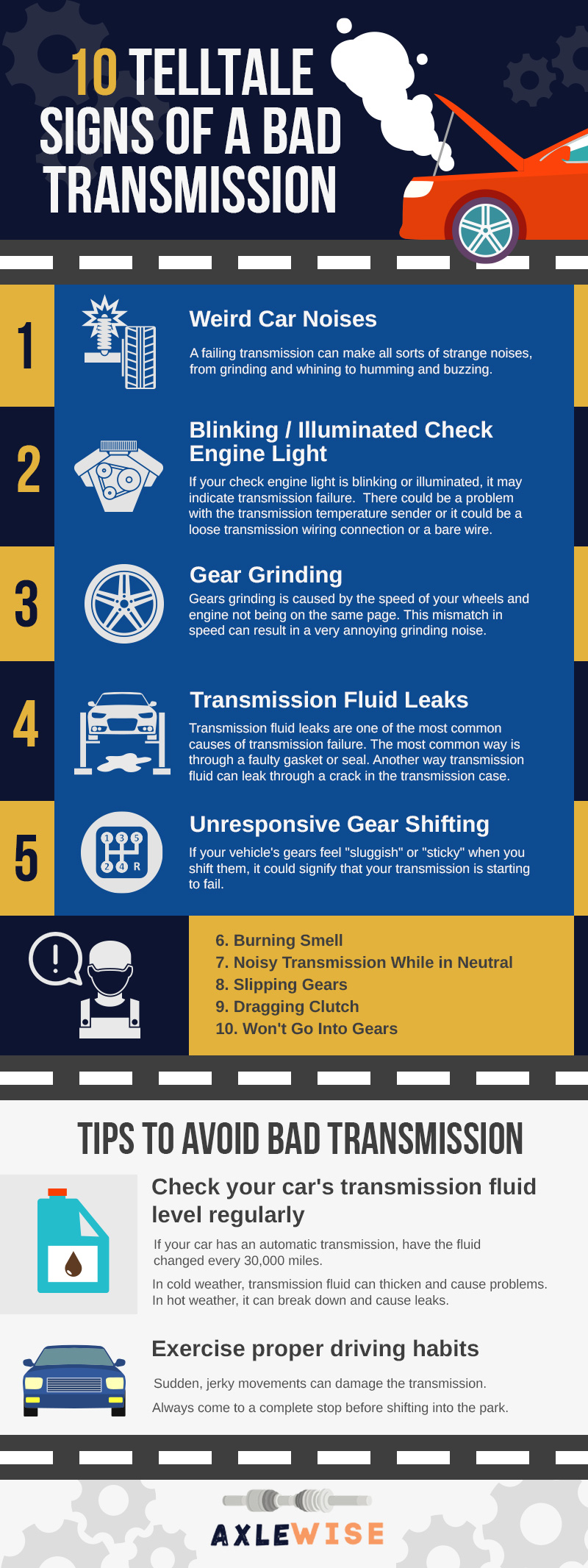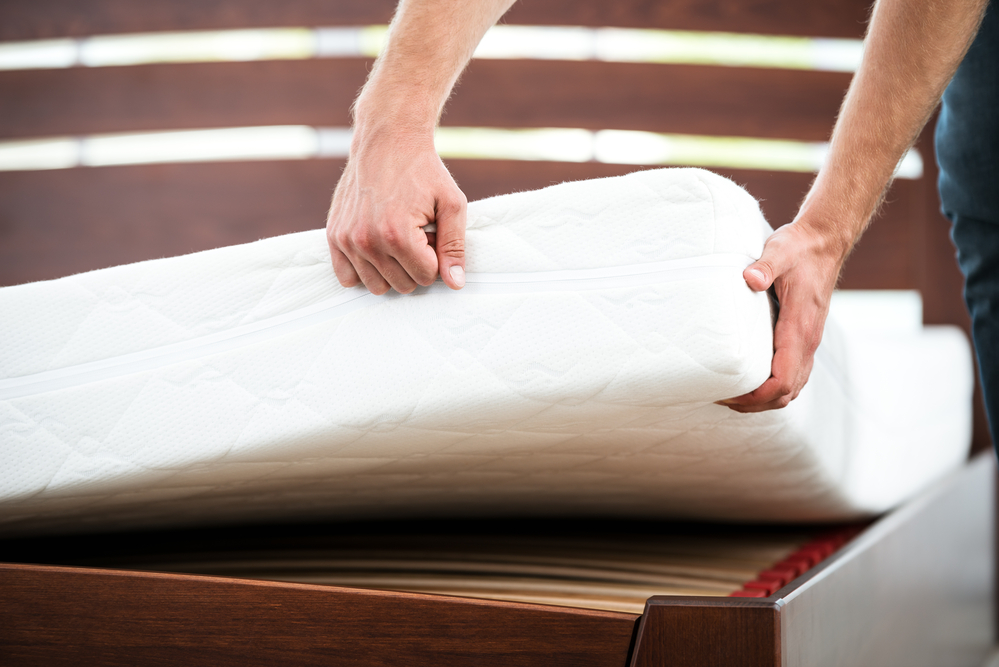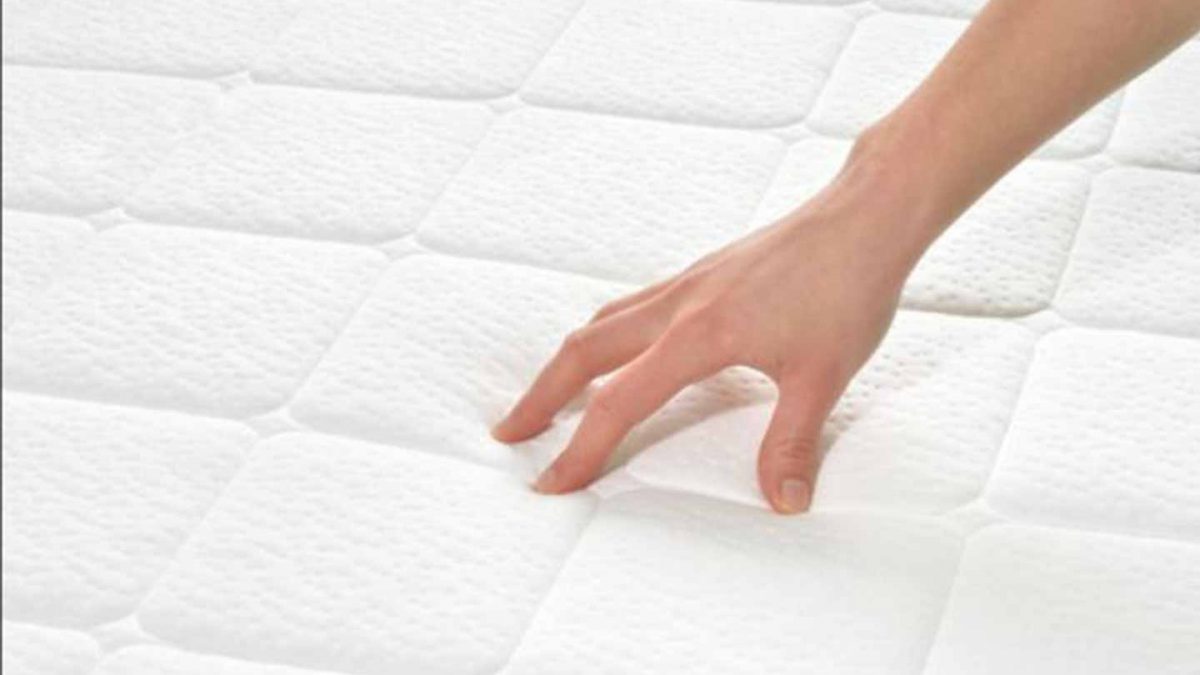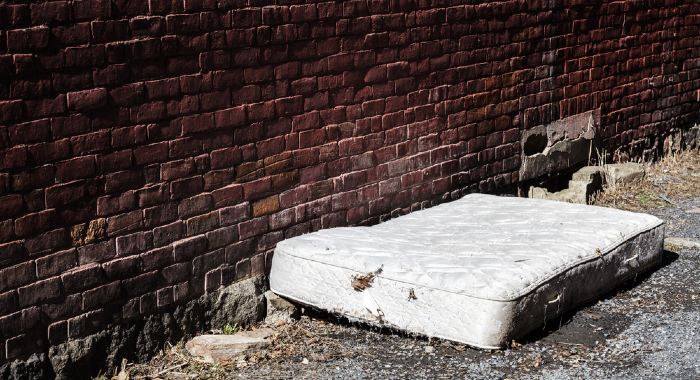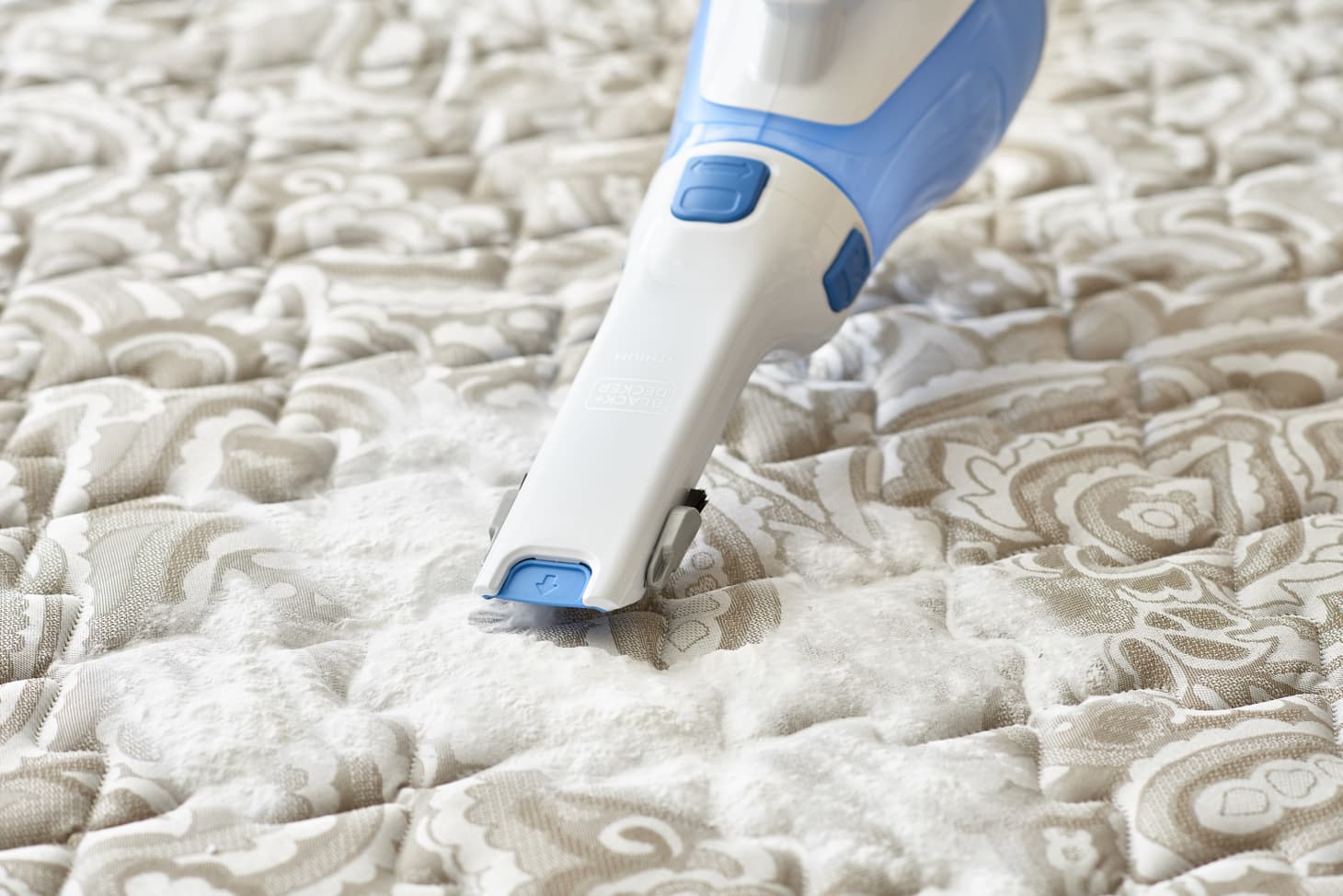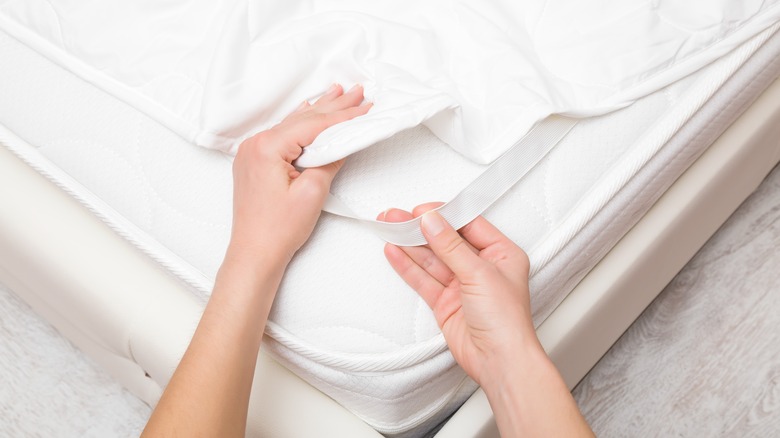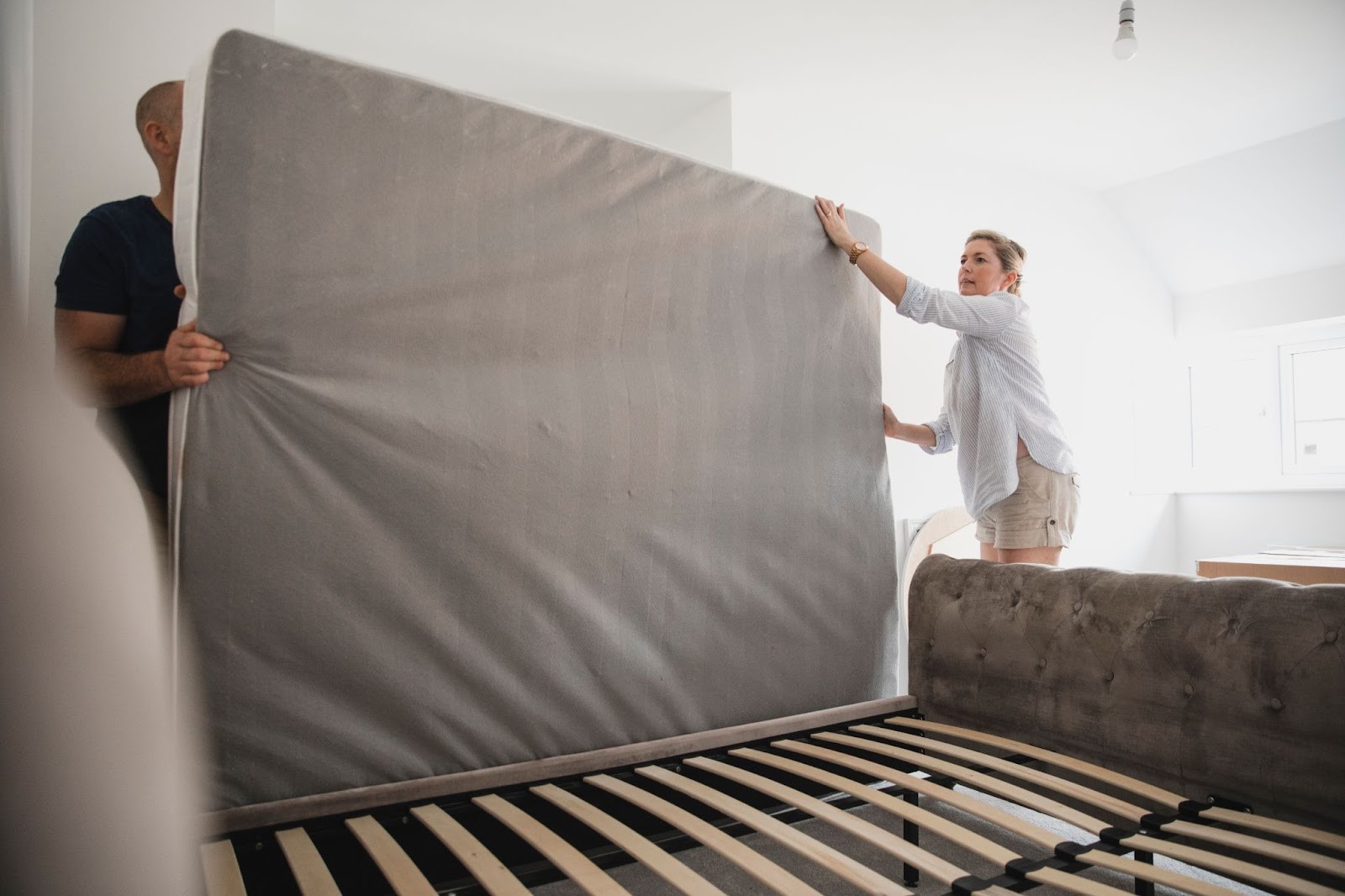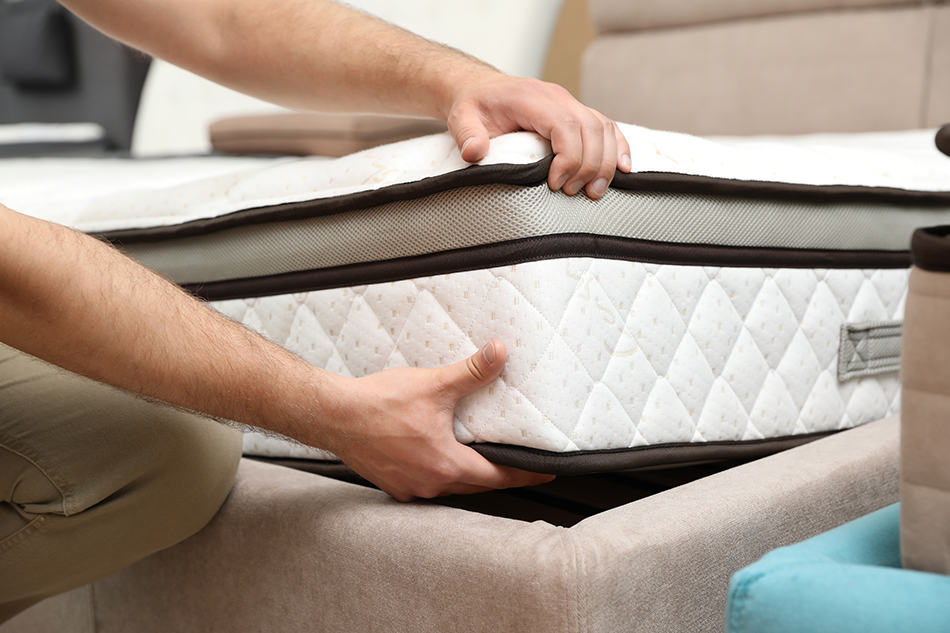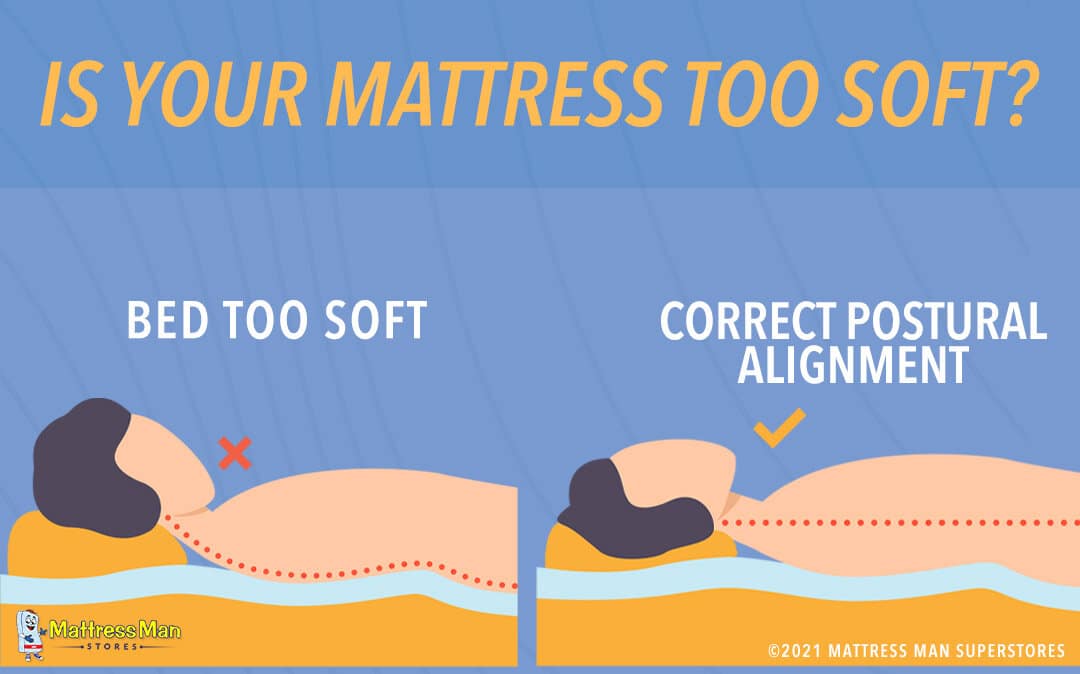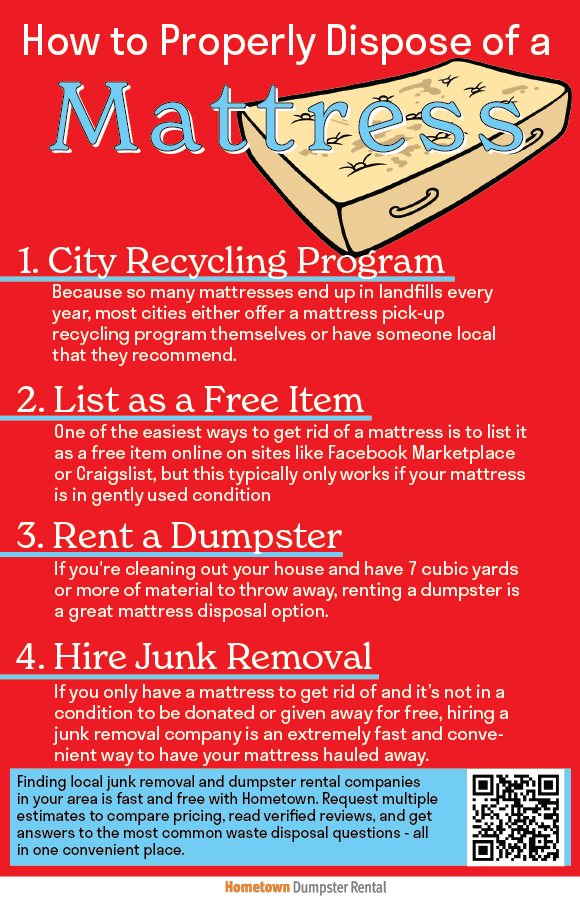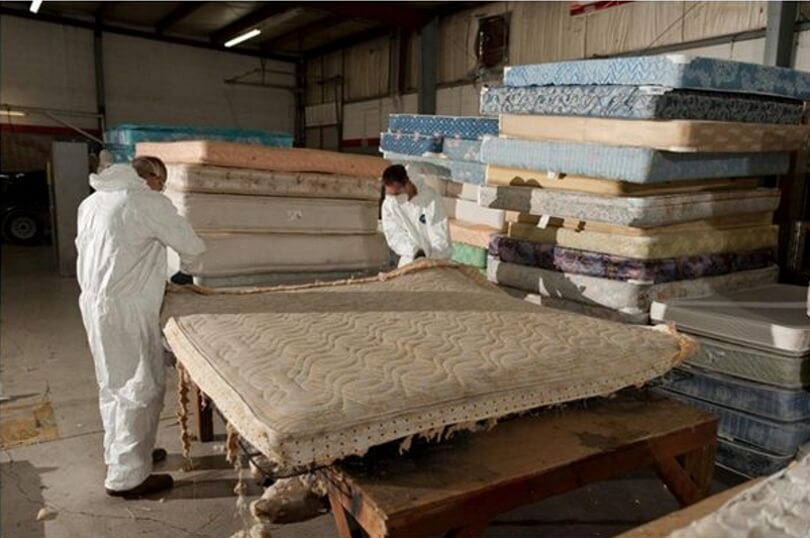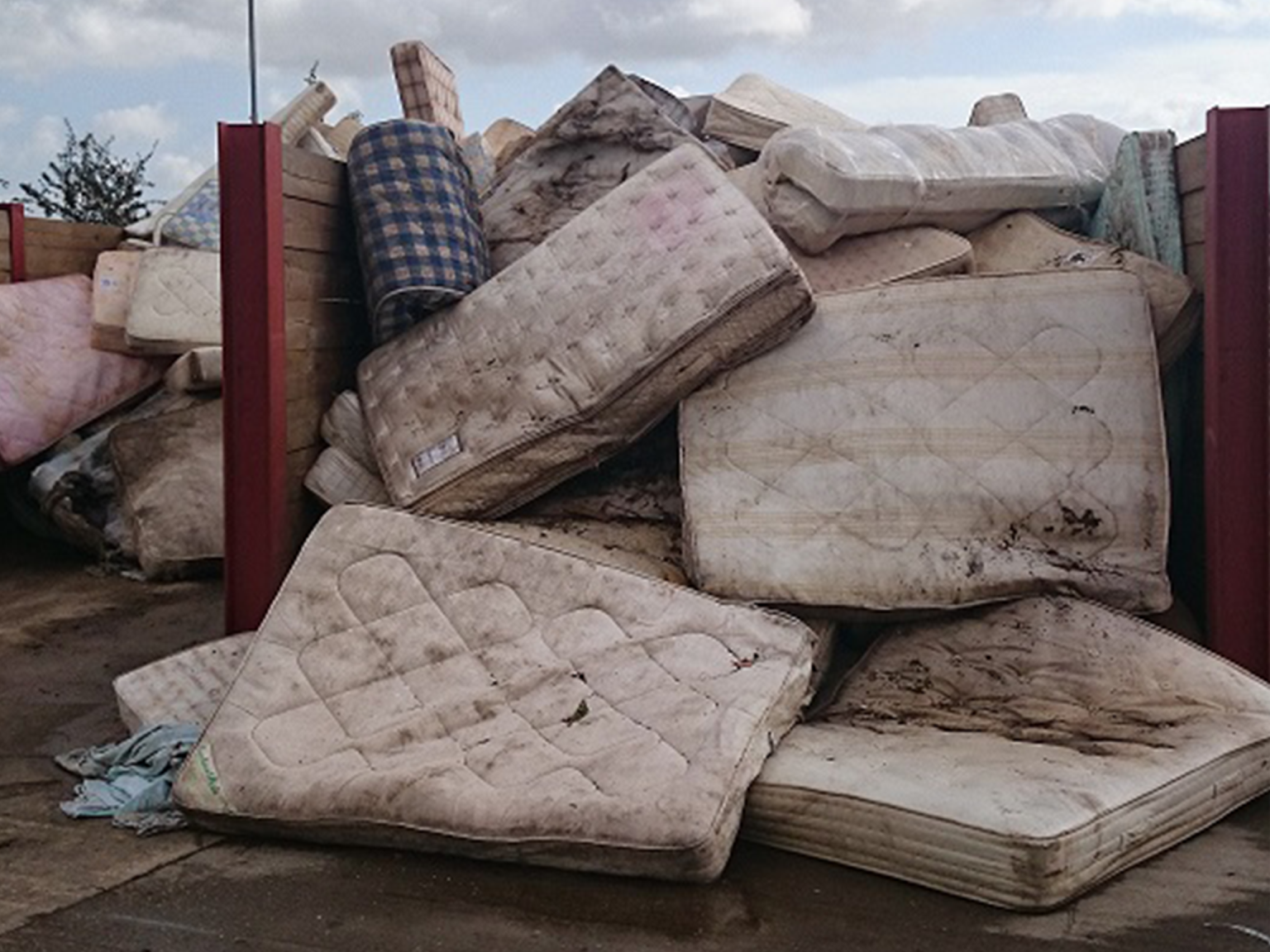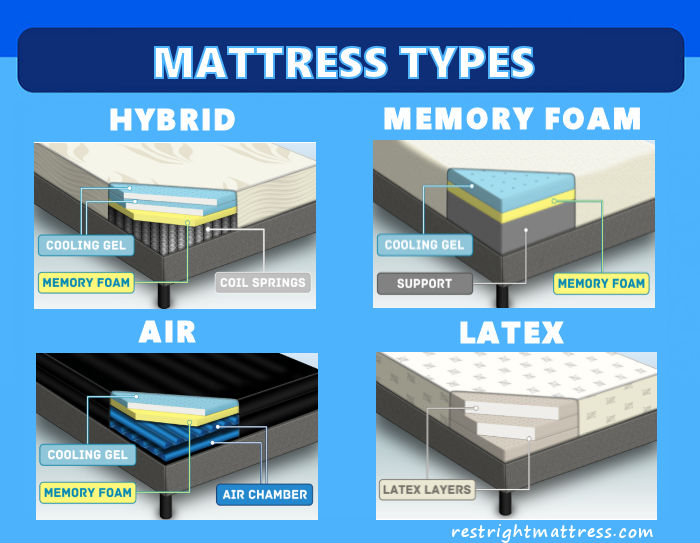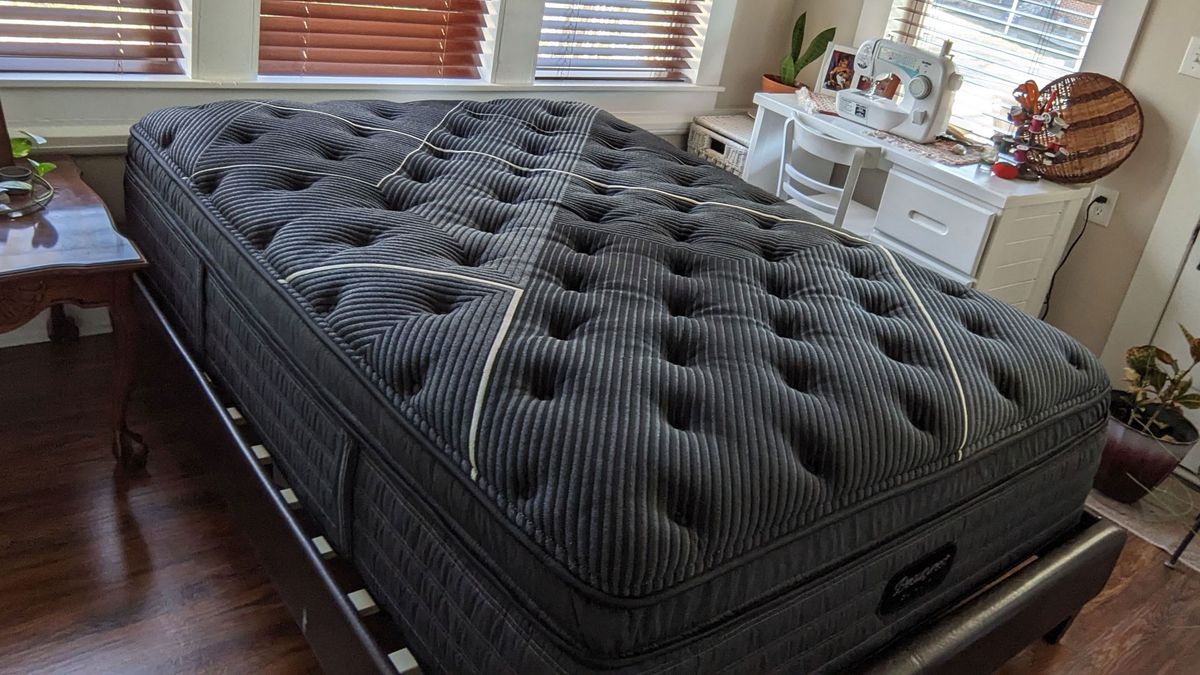Signs Your Mattress is Going Bad
If you've had your mattress for a while, you may start to notice some changes in its appearance and comfort level. But how do you know when it's time to replace it? Here are 10 signs that your mattress is going bad and it's time for a new one.
How Long Does a Mattress Last?
The lifespan of a mattress varies depending on the type, brand, and quality. On average, a mattress can last anywhere from 7-10 years. However, this can be affected by factors such as the amount of use, weight of the sleeper, and how well it's maintained.
What Causes a Mattress to Go Bad?
There are a few common reasons why a mattress may start to go bad. One of the main factors is wear and tear from regular use. Over time, the materials in a mattress can break down and lose their support and comfort. Other factors include spills, accidents, and improper maintenance.
How to Tell if Your Mattress is Worn Out
There are a few key signs that your mattress is worn out and needs to be replaced. These include sagging or visible indentations, lumps or bumps, and a lack of support or comfort. You may also notice that you're waking up with aches and pains, or that your mattress has a musty odor.
Can a Mattress Expire?
While a mattress doesn't have a specific expiration date, it can definitely go bad over time. If you've had your mattress for more than 10 years, it's likely time for a replacement. Even if it still looks and feels okay, it may not be providing the necessary support for a good night's sleep.
How to Extend the Life of Your Mattress
There are a few things you can do to prolong the life of your mattress. First, make sure to rotate it every 3-6 months to prevent uneven wear. You can also use a mattress protector to keep it clean and protect it from spills and accidents. And lastly, avoid jumping or standing on your mattress, as this can damage the materials.
When to Replace Your Mattress
As mentioned, the average lifespan of a mattress is 7-10 years. However, there are some other factors that may indicate it's time for a replacement. These include visible damage, excessive sagging, and a lack of support or comfort. If you're consistently waking up with aches and pains, it may be time for a new mattress.
What Happens When a Mattress Goes Bad?
When a mattress goes bad, it can have a negative impact on your sleep and overall health. As the materials break down and lose support, you may start to experience discomfort and pain while sleeping. This can lead to a decrease in sleep quality, which can affect your mood, energy levels, and overall well-being.
How to Properly Dispose of a Mattress
When it's time to replace your mattress, it's important to dispose of it properly. Simply throwing it in the trash is not environmentally friendly and can also be a hassle. Instead, look for mattress recycling programs in your area, or contact the retailer where you purchased your new mattress to see if they offer disposal services.
Common Mattress Problems and Solutions
Some common mattress problems include sagging, lumps, and a lack of support. These issues can be caused by wear and tear, improper maintenance, or low-quality materials. To prevent and solve these issues, make sure to rotate your mattress regularly, use a mattress protector, and invest in a high-quality mattress with good support and durability.
The Importance of Replacing Your Mattress

Mattress Lifespan and Its Impact on Your Health
 When it comes to house design, the focus is often on the visual appeal and functionality of the space. However, there is one crucial element that often goes unnoticed but has a significant impact on our daily lives – our
mattress
. We spend about a third of our lives asleep, making our mattress a crucial component of our overall well-being.
Can a mattress go bad
? The short answer is yes. Just like any other product,
mattresses
have a lifespan, and failing to replace them at the right time can have negative consequences on our health.
When it comes to house design, the focus is often on the visual appeal and functionality of the space. However, there is one crucial element that often goes unnoticed but has a significant impact on our daily lives – our
mattress
. We spend about a third of our lives asleep, making our mattress a crucial component of our overall well-being.
Can a mattress go bad
? The short answer is yes. Just like any other product,
mattresses
have a lifespan, and failing to replace them at the right time can have negative consequences on our health.
Signs of a Worn Out Mattress
 How do you know when it's time to replace your mattress
? There are several signs that indicate your
mattress
may have reached the end of its lifespan. If you wake up with aches and pains, have trouble falling or staying asleep, or notice sagging or lumps on the surface of your mattress, it may be time for a replacement.
Old mattresses
can also harbor dust mites and other allergens, which can worsen respiratory issues and allergies.
How do you know when it's time to replace your mattress
? There are several signs that indicate your
mattress
may have reached the end of its lifespan. If you wake up with aches and pains, have trouble falling or staying asleep, or notice sagging or lumps on the surface of your mattress, it may be time for a replacement.
Old mattresses
can also harbor dust mites and other allergens, which can worsen respiratory issues and allergies.
The Impact of Sleeping on an Old Mattress
 Continuing to sleep on an old, worn out mattress can have negative effects on your health.
A bad mattress
can lead to poor sleep quality, which in turn can affect your mood, energy levels, and overall productivity. It can also cause or exacerbate back and neck pain, leading to chronic discomfort and potential long-term issues.
Replacing your mattress
can significantly improve your sleep and overall well-being.
Continuing to sleep on an old, worn out mattress can have negative effects on your health.
A bad mattress
can lead to poor sleep quality, which in turn can affect your mood, energy levels, and overall productivity. It can also cause or exacerbate back and neck pain, leading to chronic discomfort and potential long-term issues.
Replacing your mattress
can significantly improve your sleep and overall well-being.
When to Replace Your Mattress
 How often should you replace your mattress
? The general rule of thumb is every 7-10 years, but this can vary depending on the type and quality of your mattress, as well as your sleeping habits. If you notice any of the signs mentioned above, it's essential to consider replacing your
mattress
sooner rather than later. Investing in a good quality mattress is an investment in your health and well-being.
How often should you replace your mattress
? The general rule of thumb is every 7-10 years, but this can vary depending on the type and quality of your mattress, as well as your sleeping habits. If you notice any of the signs mentioned above, it's essential to consider replacing your
mattress
sooner rather than later. Investing in a good quality mattress is an investment in your health and well-being.
In Conclusion
 In conclusion,
mattresses
do go bad, and it's crucial to replace them at the right time. Keeping an eye out for signs of wear and tear and following a regular
mattress replacement
schedule can help ensure you have a comfortable and supportive sleep surface. So if you've been wondering
can a mattress go bad
, the answer is yes, and it's essential to replace it for the sake of your health and sleep quality. Don't overlook the importance of your
mattress
when it comes to house design and creating a comfortable living space.
In conclusion,
mattresses
do go bad, and it's crucial to replace them at the right time. Keeping an eye out for signs of wear and tear and following a regular
mattress replacement
schedule can help ensure you have a comfortable and supportive sleep surface. So if you've been wondering
can a mattress go bad
, the answer is yes, and it's essential to replace it for the sake of your health and sleep quality. Don't overlook the importance of your
mattress
when it comes to house design and creating a comfortable living space.
